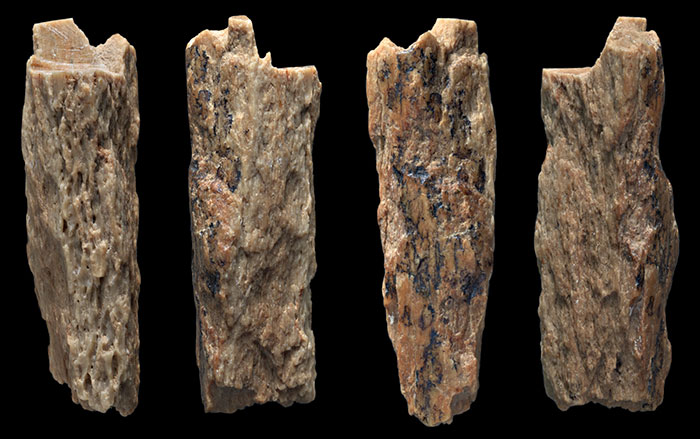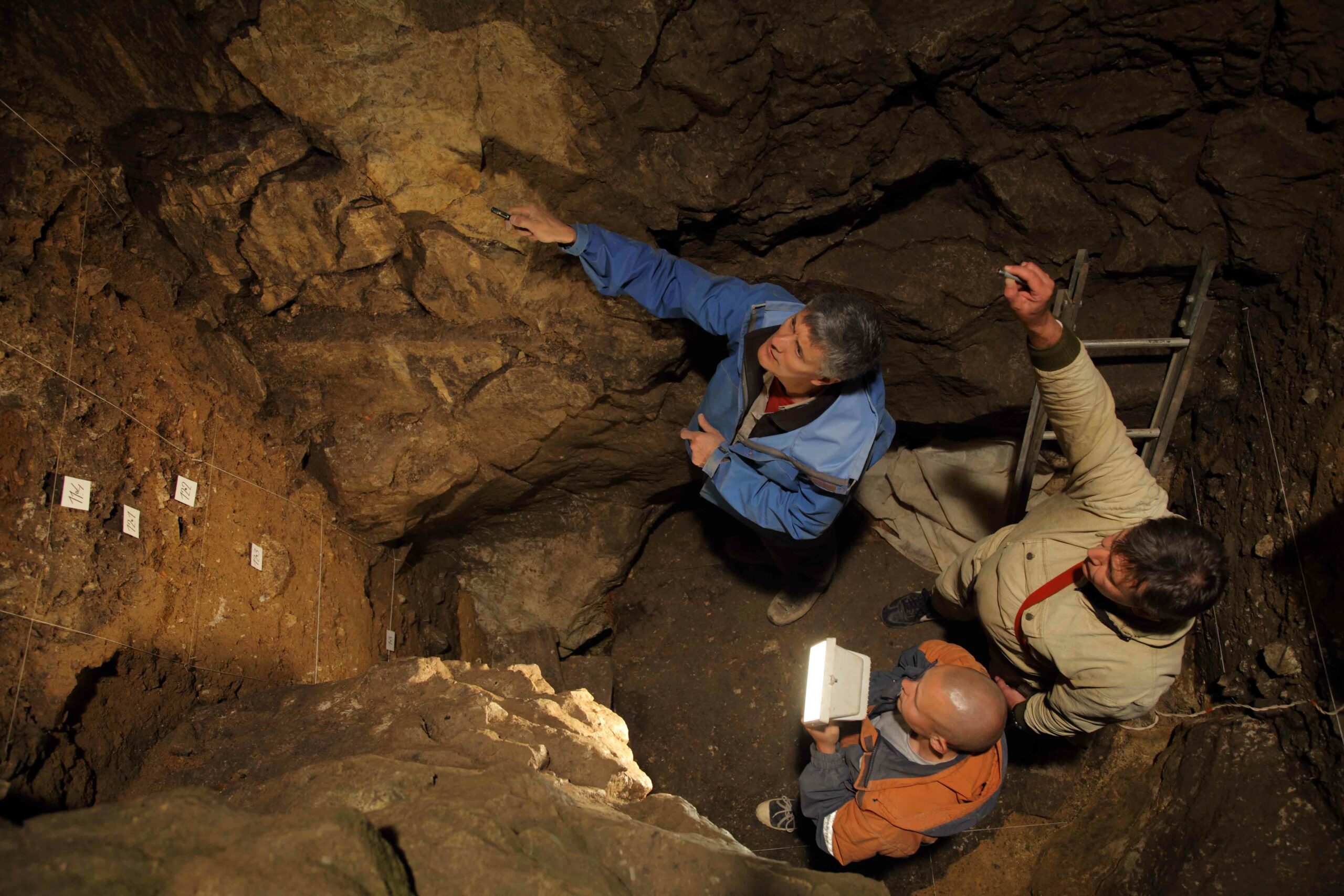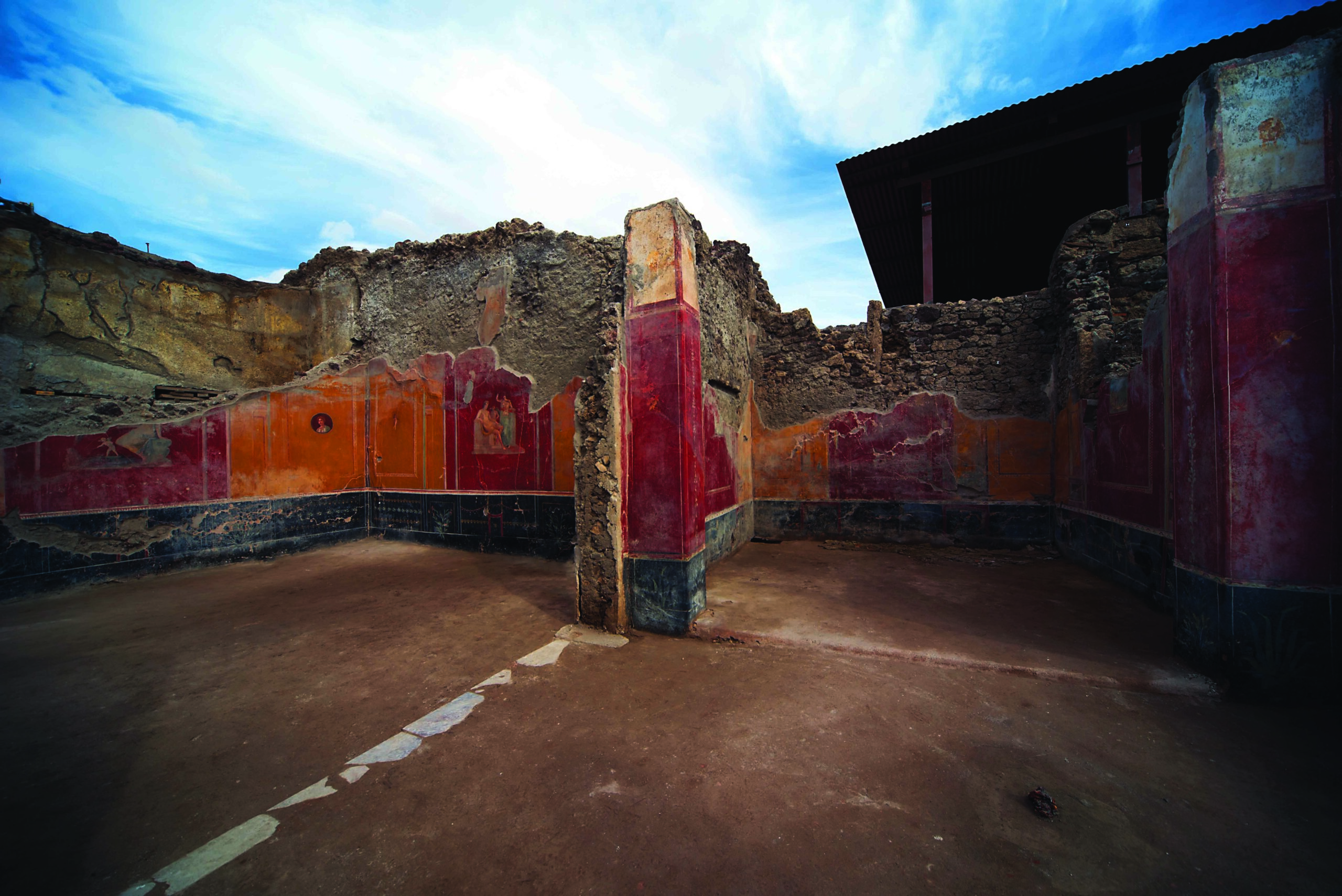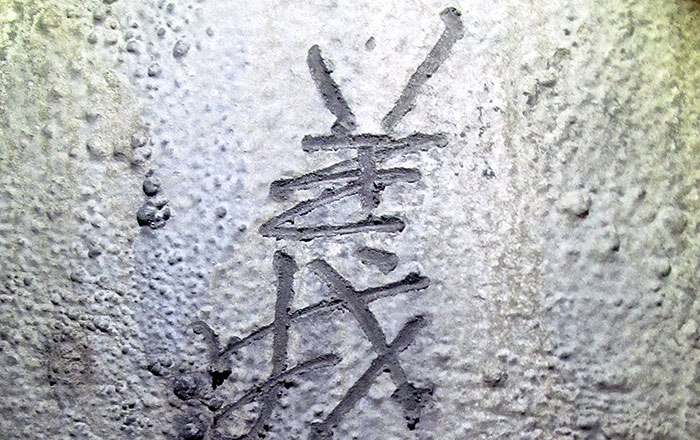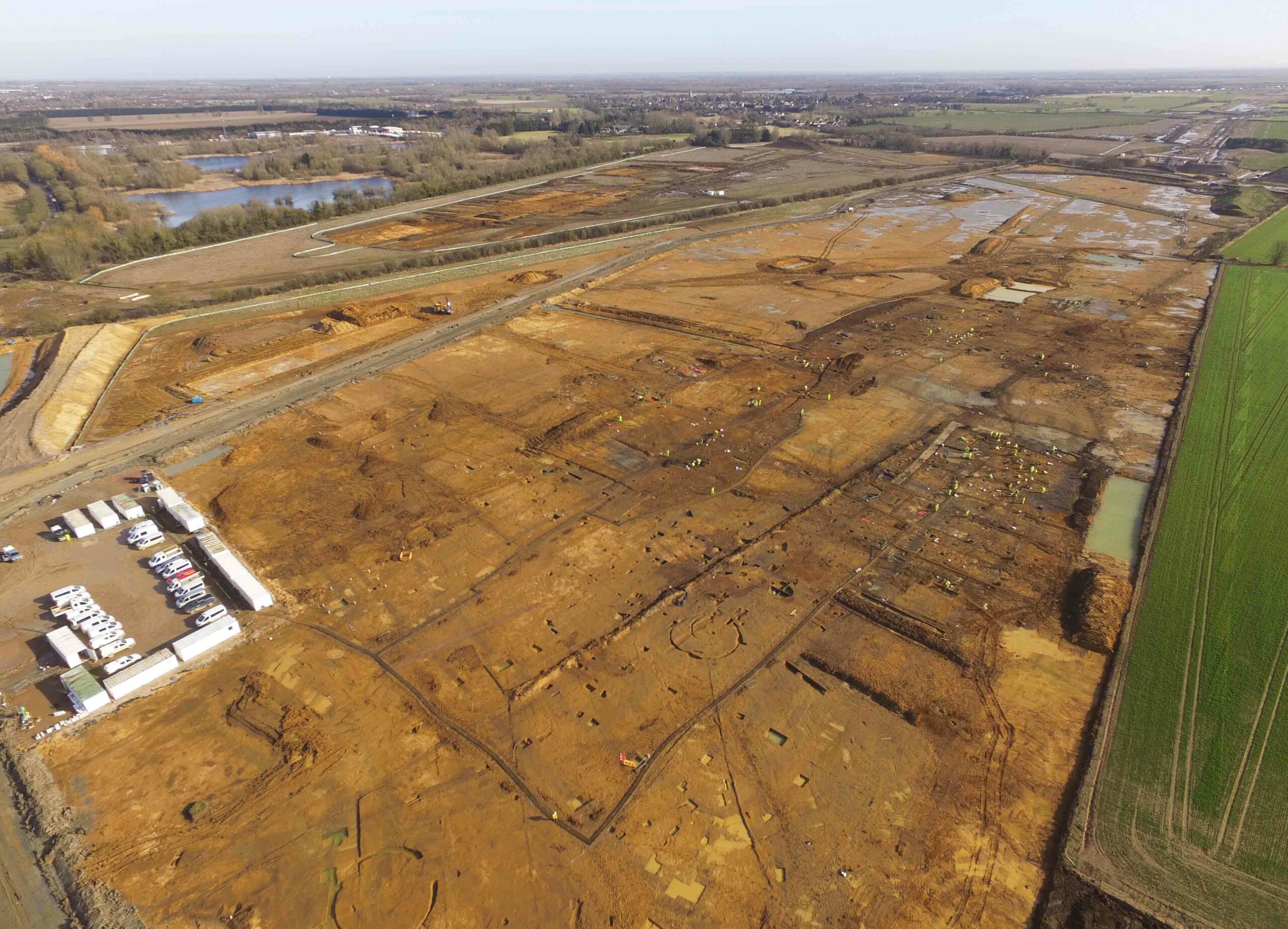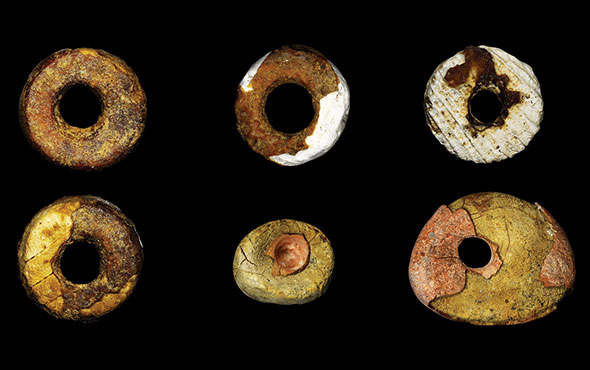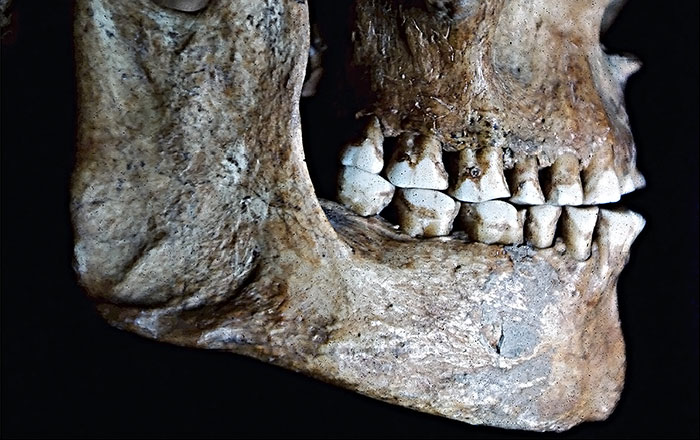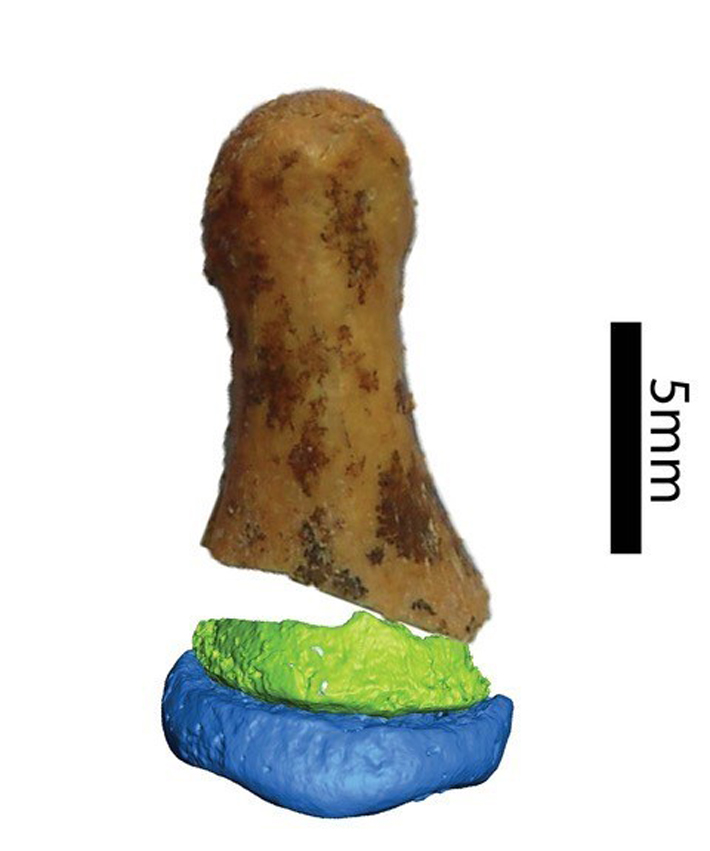
PARIS, FRANCE—Nature News reports that palaeogeneticist Eva-Maria Geigl of the Institute Jacques Monod and her colleagues have digitally reconstructed the tip of the little finger of a Denisovan individual’s right hand. The finger bone was discovered in southern Siberia’s Denisova Cave in 2008, but it was separated into two pieces in order to send them to different laboratories, in an effort to increase the chances of obtaining DNA samples. One of the fragments eventually went missing, while the other was ground up in the testing process. Geigl and her team matched the genomes obtained from samples of the two fragments to show that they came from the same individual, and then reunited photographs of them to produce an image of the whole bone. Geigl concluded that Denisovans had slim fingers that more closely resembled those of modern humans than Neanderthals, even though Denisovans are thought to have been more closely related to Neanderthals. To read about DNA anaylsis of another bone fragment from Denisova Cave, go to "Hominin Hybrid," one of ARCHAEOLOGY's Top 10 Discoveries of 2018.


